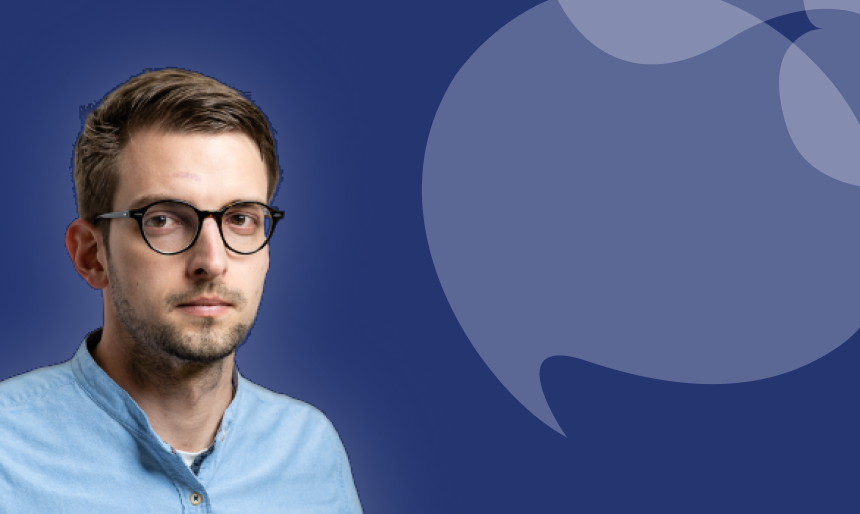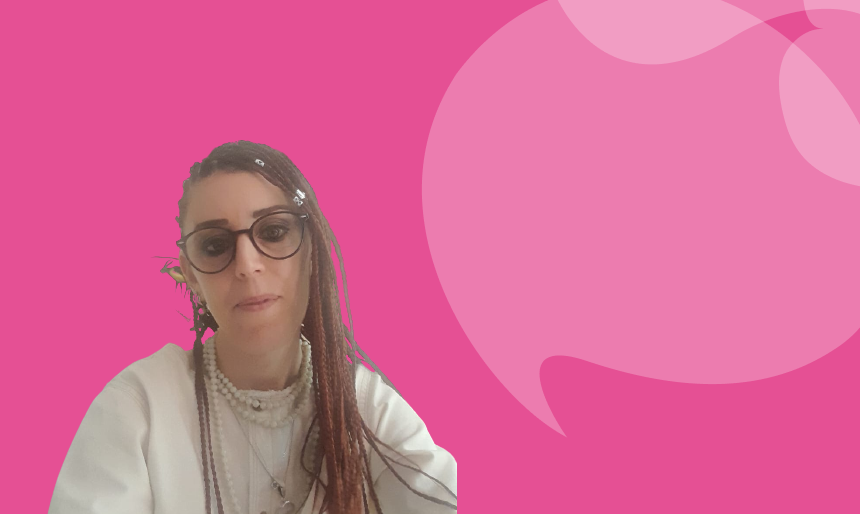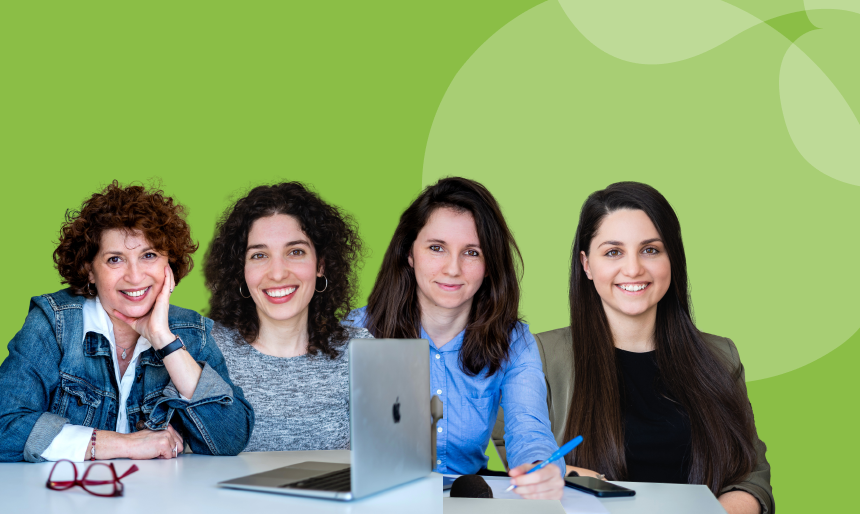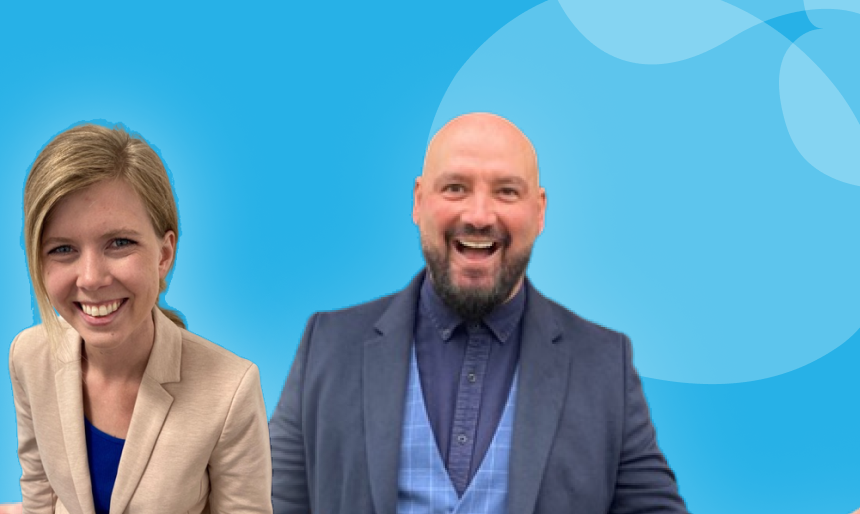
Meet the Team Interview: Christoph Steiner
Introduction
Meet Christoph Steiner, who works for SYNYO, the Dissemination & Communication lead of the BOND project.
Firstly, tell us a bit about your organization
SYNYO is a mid-sized company focusing on research, innovation and technology, located in Vienna, Austria. Our company tackles major societal, political, ecological and economic challenges. SYNYO analyses the impact of emerging technologies from different angles and from an interdisciplinary perspective.
What is the motivation behind your organization getting involved in the BOND project?
Our role in the project is to support our partner organizations in effectively communicating our project results to our target groups and the broader society. However, fostering interfaith and intercultural dialogue is also a fundamental objective in our country’s diverse society, which comprises various religious, ethnic, and cultural groups.
In the project, we also aim to acknowledge historical responsibility and contribute to countering hateful attitudes towards Jewish people. Recent studies in our country, for instance, reveal that knowledge about the Holocaust is dwindling, particularly among younger people. In Austria, where the Holocaust had a significant impact, it is crucial to ensure the preservation and transmission of historical memory to younger generations.
We are pleased to collaborate with partners who possess extensive knowledge about this chapter of history and maintain deep connections to the Jewish and other religious communities. As a dissemination partner, we believe we can make valuable contributions to our awareness-raising initiatives, promoting a deeper understanding of the Holocaust and the importance of interfaith communication in general.
How is BOND different from other projects that are facilitating interfaith and intercultural dialogue?
While many other interfaith and intercultural projects aim for a broader tolerance and understanding in general, BOND has a specific focus on addressing deep-rooted prejudices and hateful attitudes towards Jewish people in Europe and countering the dwindling knowledge about the Shoah. We aim to implement a linked series of strategic educational and awareness-raising actions, both online and on-site, to foster understanding and dialogue.
We think via this holistic approach (focusing on historical memory, collaborating with knowledgeable partners and emphasizing targeted communication) we will make a significant impact for better interfaith and intercultural dialogue throughout Europe.
What do you hope to achieve through the project?
We hope to effectively support our partners in communicating their message and to therewith help to create awareness and understanding among a broader range of people. We are also aiming to create strategic alliances and enduring networks, which will hopefully serve as a platform for continued collaboration and knowledge sharing.
What do you see is the greatest challenge for fostering understanding and tolerance between different religious communities?
We think the presence of deep-rooted prejudices and stereotypes that have been ingrained in societies over a long time are probably among the biggest challenges we face towards creating an open dialogue and mutual understanding. Lack of knowledge, historical context, cultural factors, misinterpretation, and resistance to change all contribute to this challenge. The BOND project addresses these obstacles through strategic education, interfaith dialogue, and creating enduring networks to promote understanding, counter prejudices, and facilitate dialogue among diverse communities.
What do you personally find most interesting about the BOND project?
What we find most interesting about the BOND Project is its emphasis on preserving and transmitting historical memory, particularly regarding the Holocaust. The fact that the project recognizes the dwindling knowledge about the Holocaust, especially among younger generations, and aims to address this issue is commendable. The BOND Project’s dedication to raising awareness and promoting a deeper understanding of this dark chapter in history is something that we find truly intriguing. By engaging in targeted communication and collaborating with knowledgeable partners, the project has the potential to make a significant impact and ensure that the historical memory of the Holocaust is preserved and transmitted to younger generations.
This focus on historical responsibility and countering hateful attitudes sets the BOND Project apart and makes it an important initiative in fostering interfaith dialogue and understanding


